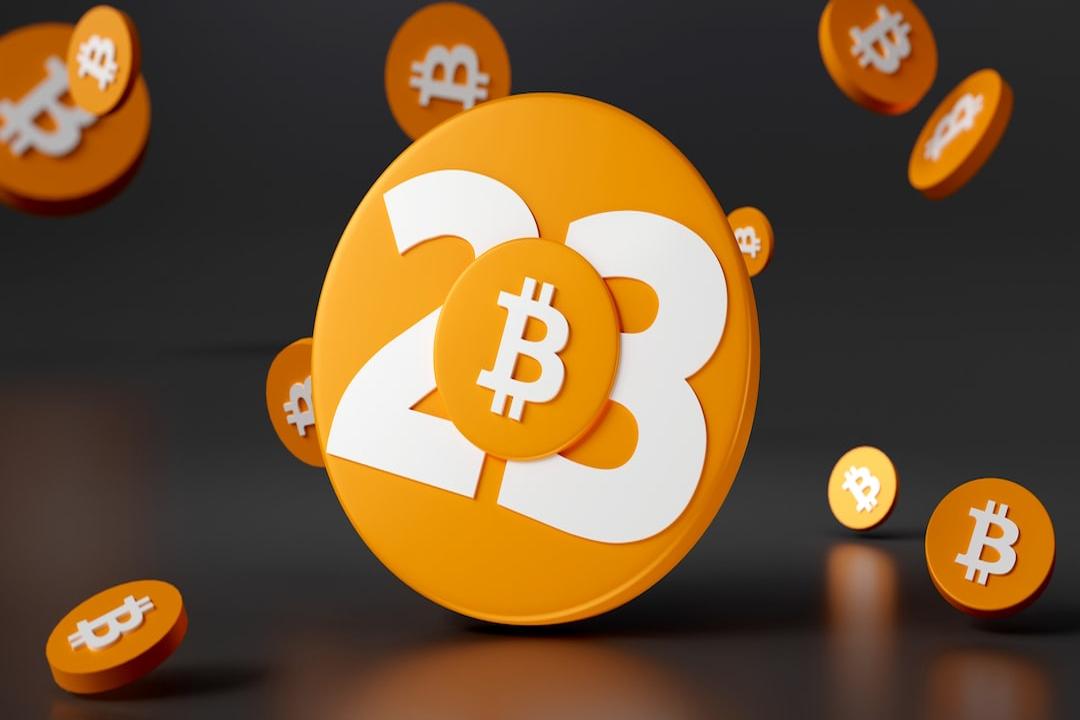Debt Box, a software firm, is opposing the United States Securities and Exchange Commission’s (SEC) attempt to dismiss a controversial enforcement action against them. In their filing on February 14, Debt Box accuses the SEC of using this motion as a strategic maneuver to avoid potential sanctions and the permanent dismissal of the case due to alleged misconduct. Debt Box argues that the SEC’s willingness to dismiss the case without prejudice is a calculated move to escape sanctions and potentially initiate a revised enforcement action that is free from misconduct allegations.
Debt Box claims that the SEC’s motion to dismiss is an effort to receive preferential treatment in federal courts when dealing with entities it regulates. They point out the SEC’s dissatisfaction with promises of restructuring teams or providing more ethics training when businesses are accused of deceiving investors. This filing comes after the SEC’s acknowledgment in late December 2023 that they had made inaccurate statements to the court earlier in the case. Judge Robert Shelby had previously criticized the SEC’s lawyers and ordered them to clarify any false or misleading statements regarding Debt Box’s attempt to relocate assets overseas to avoid regulatory jurisdiction. However, Shelby found that the SEC had misrepresented the situation. In response to the court order, the SEC changed its legal representation, committed to internal training, and requested a temporary dismissal for an internal review.
Debt Box is also requesting that the scheduled hearing on March 7 proceed as planned, despite the SEC’s request for cancellation. In the early stages of the case against Debt Box and its promoters, the SEC obtained emergency measures, alleging that the software firm had defrauded investors of at least $50 million by selling unregistered securities in the form of software licenses that claimed to mine digital assets connected to real-world industries. On August 3, 2023, the SEC secured a temporary restraining order to freeze Debt Box’s assets, stating that the company would remove evidence and secretly transfer assets overseas if they were alerted to the order.
Magazine: Deposit risk — What do crypto exchanges really do with your money?


